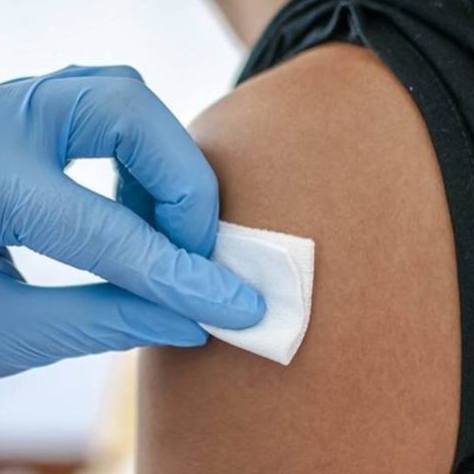
A recent report from the Centers for Disease Control and Prevention that looks at sexually transmitted infections (STIs) has some concerning news, especially when it comes to syphilis. While cases of other STIs, like chlamydia and gonorrhea, have decreased or seen modest increases, syphilis has jumped 80% in the four years from 2018 to 2022.
Dr. Stacey Rizza, a Mayo Clinic infectious diseases specialist, says syphilis is a bacterial infection that is primarily transmitted through sexual contact. But she says it also can be transmitted from an expecting mother to the baby.
"So if a mother has syphilis, whether she knows it or not, while she's pregnant and is not diagnosed and treated, she can transmit that to her fetus, and the baby can be born with syphilis," says Dr. Rizza. This is also known as congenital syphilis, and according to the CDC report, cases of syphilis among newborns rose 183% between 2018 and 2022.
Watch: Dr. Stacey Rizza talks about syphilis
Journalists: Broadcast-quality sound bites with Dr. Rizza are available in the downloads at the end of the post. Please courtesy: "Mayo Clinic News Network." Name super/CG: Stacey Rizza, M.D./Infectious Diseases/Mayo Clinic.
Dr. Rizza says the baby may be born asymptomatic, "but can go on to develop manifestations of syphilis later, within weeks, months or even years, after they're born. But, unfortunately, many times it causes abnormalities in the baby, even when they're born. They can have abnormalities in their liver and their spleen, they can have rashes, they can have abnormality in the structure of their face, in the brain, and particularly involving the eye."
If you are expecting or have recently given birth, and you suspect you may be infected, Dr. Rizza encourages testing as soon as possible. "So we can treat them during the pregnancy and prevent them from transmitting to the baby. And if somebody is born with syphilis, whether they have manifestations of it or not, we want to make sure we diagnose it quickly and treat it, so they don't go on to have further manifestations," she says.
Diagnosis is made with a blood test. If positive, treatment with the antibiotic penicillin has proven effective.
Related Articles







